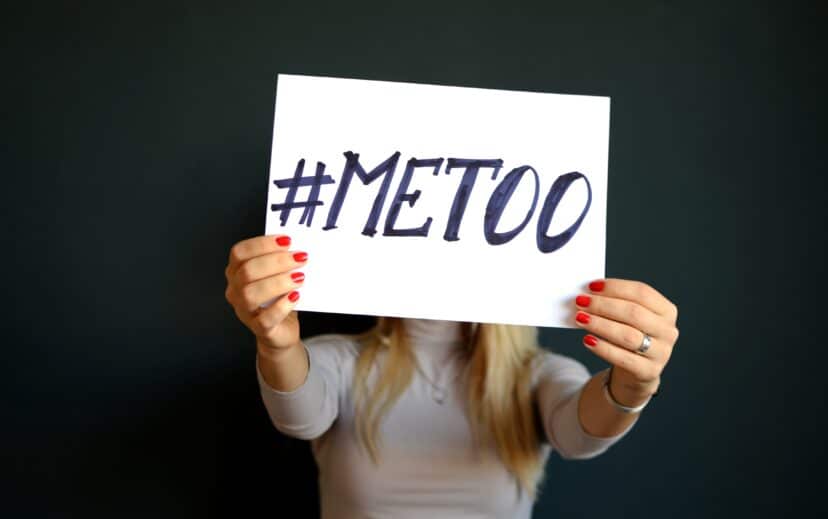Updated: June 30, 2021
In recent years, New York has implemented and updated laws against harassment and discrimination in the workplace. This may come as no surprise; the numerous scandals and the #MeToo movement have brought these issues to the front of the national conversation.
Individuals who have experienced harassment or discrimination must take certain actions before filing a lawsuit. Companies defending against these charges can proactively follow steps to avoid or address harassment in the workplace.
The first step is understanding New York’s laws governing harassment and discrimination.
RECENT NEW YORK LEGISLATION
In 2015, New York Governor Cuomo signed legislation regarding the prevention of discrimination and harassment in the workplace. Materials were created to better train employers on creating policies and procedures to eliminate harassment and discrimination.
SEXUAL HARASSMENT
In April 2019, New York updated its workplace sexual harassment laws. The new law provides:
- A more extensive sexual harassment policy for all employers
- Required sexual harassment prevention training for all employees
- A mandated sexual harassment policy for contractors
- More protection for independent contractors under the Human Rights Law
New York employers are required to adopt a sexual harassment policy that:
- Prohibits sexual harassment
- Gives examples of prohibited conduct
- Includes information for victims of harassment
- Offers a complaint form
- Includes procedures for complaints
- Informs employees of their rights
- States that sexual harassment is a type of employee misconduct
- States that it is unlawful to retaliate against those who make sexual harassment complaints.
DISCRIMINATION
According to the New York State Department of Labor, discrimination is defined as an “act based on a preference or prejudice.” Discrimination takes place when someone is treated differently based on their race, age, disability, religion, national origin, political affiliation, belief, genetics, arrest and conviction record, marital status, genetic predisposition, carrier status, veteran status, or sexual orientation.
Both federal and New York laws protect people or groups of people from being discriminated against by employers and state agencies, whether as a job applicant or employee. These laws also make it illegal to retaliate because someone filed a discrimination complaint or cooperated with a lawsuit or investigation.
If you are experiencing harassment or discrimination in the workplace, there are recommended steps you should take. Employers should also understand these procedures to evaluate individual complaints and shape their policies.
ESCALATE THE MATTER INTERNALLY
Before suing, an individual should, in most cases, attempt to stop the behavior by confronting the offender and letting them know the behavior is inappropriate. This may be beneficial to a potential lawsuit, to help prove that the behavior was unwelcome and that an individual was harassed or discriminated against.
This can be a difficult thing to do, but it establishes a timeline and evidence in the event of a lawsuit or any government investigation. As already stated, the law prevents retaliation against anyone who takes steps to address harassment or discrimination. If this occurs and there is evidence of it, any case brought by a potential victim strengthens significantly, and both the company and any accused individual may face additional liability.
If things don’t improve or there are mitigating circumstances—such as fear of the individual conducting the harassment—an individual should file a complaint with the organization that he or she works for. This may be the first step if an employee doesn’t feel safe communicating directly with the offender. The company should then investigate the issue and try to find a resolution. If the company does not take steps to solve the problem, it could be held liable for damages in the event of a lawsuit.
FILING AN ADMINISTRATIVE CHARGE
Before a lawsuit can be brought, an administrative charge must be filed with the Equal Employment Opportunity Commission (EEOC). The New York Department of Labor outlines the agencies to contact and the procedures to follow regarding a discrimination complaint.
The EEOC will notify the employer about the charge, and the organization decides whether to investigate the charge, dismiss it, or suggest that it be settled. It will then issue a right-to-sue letter to an individual, if applicable, after which they can file a lawsuit.
Under New York law, discrimination complaints must be filed within 180 days of the discrimination occurrence.
FILING A LAWSUIT
If the matter is not resolved upon completion of the administrative charge requirement, a lawsuit may be filed.
New York law outlines that attorney’s fees may be awarded to the winning party in cases involving:
- Employment discrimination based on sex
- Sexual harassment even if the employer has fewer than four employees
- Sexual harassment by an employer of a domestic worker with any number of employees
- Sexual harassment by an employer of an intern
CONCLUSION
New York takes discrimination and harassment in the workplace seriously. In addition to the recently updated laws, lawmakers are pushing additional measures including “seeking to change the state’s constitution to prohibit sex discrimination” and removing state law’s “severe and pervasive” language. This would widen the definition of behaviors that constitute harassment under state law.
If you are an individual who feels that you have been harassed or discriminated against, it is important to know your rights and the legal actions you can take to bring it to an end. Companies must also understand these crucial steps—to prevent workplace discrimination and harassment and effectively address it when it occurs.
To learn more, contact an experienced employment attorney today.




